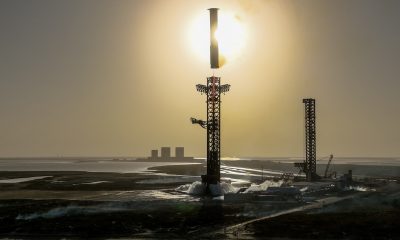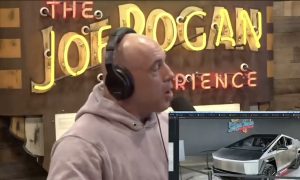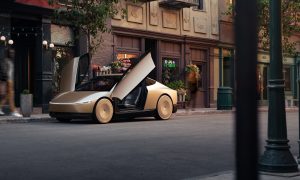News
Chinese billionaire behind Faraday Future reveals capital troubles
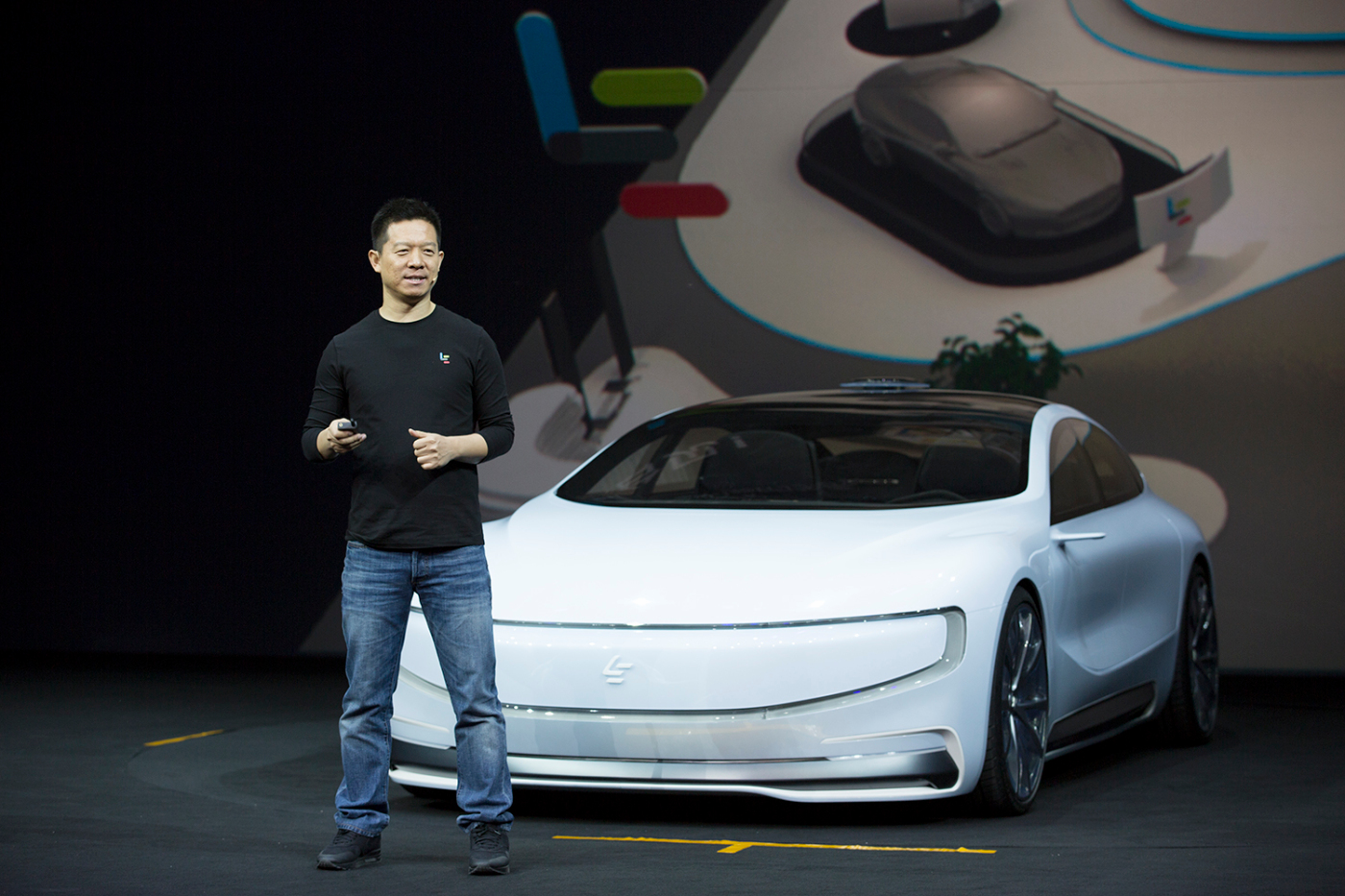
Jia Yueting, China’s billionaire CEO and co-founder of LeEco, admits to “blindly” speeding ahead into new ventures, from an electric car plant in Nevada to a $2 billion acquisition of California TV maker, Vizio, Inc. Jia released a memo in which he highlighted measures to lessen the company’s burden, including cost-cutting programs, decreasing subsidies for customers, and focusing on existing businesses instead of new ones.
He apologized profusely to shareholders in response to criticism that he hasn’t paid them enough attention. The apology comes at a time in which LeEco’s global strategy was over-extended while capital and resources were limited. Jia pledged to slash his income to 1 yuan (15 cents), slow LeEco’s accelerated pace of expansion, and move the company toward a more moderate phase of growth.
As reported by Bloomberg, Jia wrote in a letter to shareholders that “No company has had such an experience, a simultaneous time in ice and fire,” speaking about LeEco’s growth followed by subsequent issues. “We blindly sped ahead, and our cash demand ballooned. We got over-extended in our global strategy. At the same time, our capital and resources were in fact limited.”
As the founder of Leshi Internet Information & Technology in 2004, which was one of the first companies in China to stream TV shows and movies to paying subscribers, Jia is a self-made billionaire who entered the world of IT working at a local tax bureau.
“No company has had such an experience, a simultaneous time in ice and fire,” Jia explained.
Not exactly, Mr. Jia. Your story is reminiscent to those of us in the know of Elon Musk, the CEO and visionary of Tesla Motors, Inc.
Born in South Africa in 1971, Musk sold his first computer game at age 12. By 2008, he was on the edge of total failure. Tesla hadn’t sold a car, SpaceX had yet to send a rocket to space, a struggle to secure a contract or investors was constant, and the world economy was crashing.
Jia– and let’s admit it, most other people –would probably give up at this point. But Elon Musk persevered. “When something is important enough,” Musk revealed, “you do it even if the odds are not in your favor.”
Today, barely a decade old, Tesla is a world-renowned company and brand that receives constant glowing admiration (and, to be fair, its share of criticism). Its market capitalization hovers around $28 billion. Morgan Stanley has called it “the world’s most important car company,” and a leading brand study found that Tesla has joined the ranks of Coca-Cola, Apple and Google to become one of the world’s leading global brands.
Mr. Jia may resolve his fiscal problems and return to the good graces of Chinese investors. He may do so with an electronic prototype of the LeSee, toward which, in September, Jia was able to raise more than $1 billion from a consortium of Chinese investors. Maybe Jia will also take Elon Musk’s advice. “Really pay attention to negative feedback and solicit it, particularly from friends. … Hardly anyone does that, and it’s incredibly helpful.”
Elon Musk
Tesla Semi fleet from Frito-Lay gets more charging at Bakersfield factory
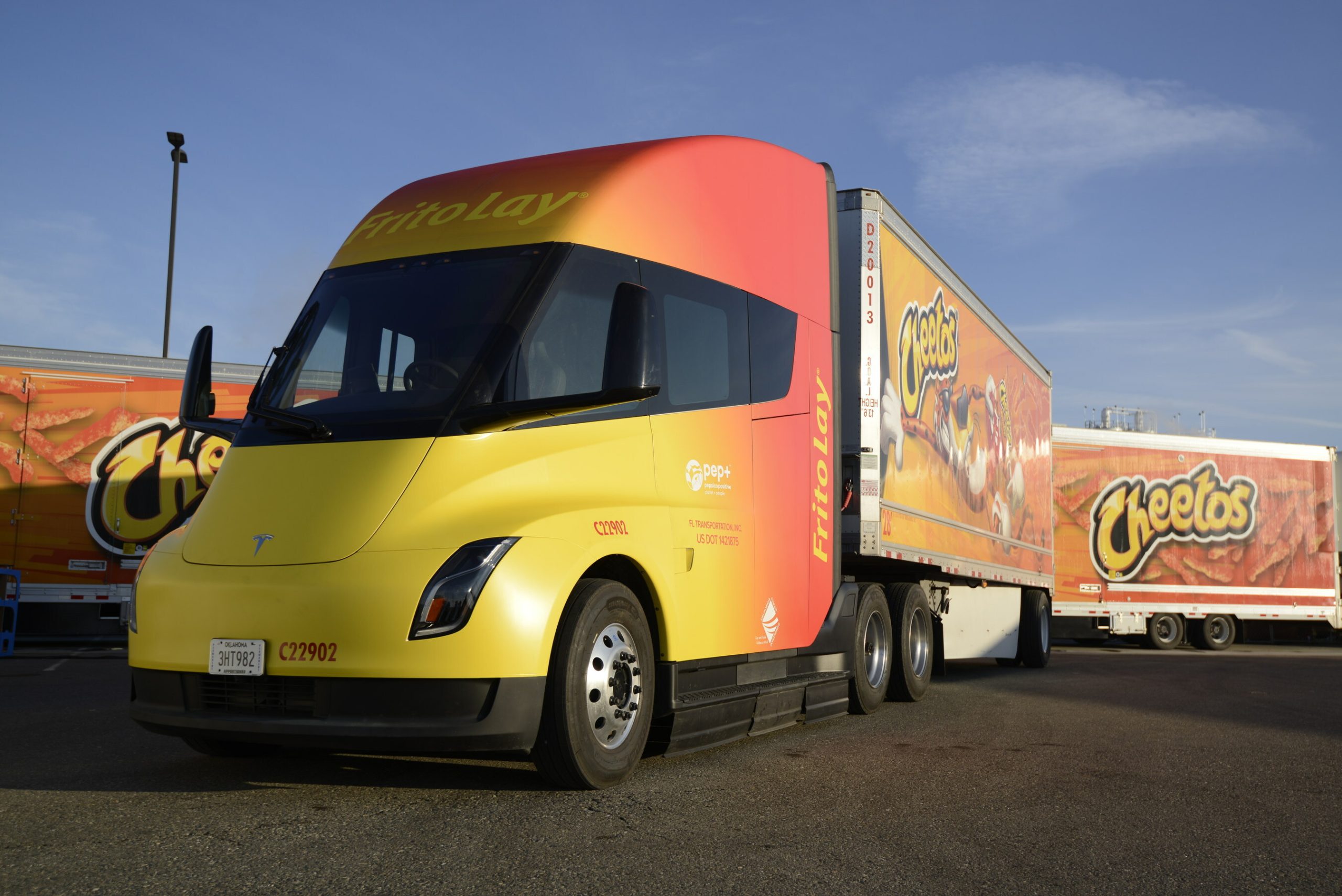
Among the several companies that have had the opportunity to add Tesla Semi all-electric Class 8 trucks to their fleets earlier than others, the most notable is arguably Frito-Lay, which has utilized the vehicle for a couple of years now.
However, as their fleet is making more local runs and there are undoubtedly plans to expand to more Semi units, the company has recognized it needs additional Megachargers to give juice to their trucks.
As a result, Frit-Lay decided to build more chargers at their Bakersfield, California facility, according to new permits filed by Tesla:
🚨 Frito-Lay is building an 8-stall Megacharger array at its factory in Bakersfield, California https://t.co/qARfJjogXF pic.twitter.com/gvorIVxsoc
— TESLARATI (@Teslarati) April 18, 2025
There are already chargers at the company’s Modesto, California, factory, but Bakersfield is roughly three hours south of Modesto.
Interestingly, Tesla is calling the chargers “Semi Chargers” in the filing, potentially hinting that it is no longer referring to them as “Megachargers,” as they have been in the past. This is a relatively minor detail, but it is worth taking note of.
In 2022, Frito-Lay began installing these chargers in preparation for the Semi to become one of the company’s main logistics tools for deliveries in California and surrounding states.
Frito-Lay is not the only company that has chosen to utilize the Tesla Semi for these early “pilot” runs. PepsiCo has also been a company that has used the Semi very publicly over the past two years.
Additionally, the Tesla Semi participated in the Run on Less EV trucking study back in late 2023, where it managed to complete a 1,000-mile run in a single day:
Tesla Semi logs 1,000-mile day in Run on Less EV trucking study
Tesla is planning to ramp production of the Semi late this year. On the Q4 2024 Earnings Call, VP of Vehicle Engineering Lars Moravy said the company would be focusing on the first builds of the Semi’s high-volume design late this year before ramping production in the early portion of 2026:
“We just closed out the Semi factory roof and walls last week in Reno, a schedule which is great with the weather. In Reno, you never know what’s going to happen. But we’re prepping for mechanical installation of all the equipment in the coming months. The first builds of the high-volume Semi design will come late this year in 2025 and begin ramping early in 2026.”
Tesla will build these units at a new Semi production facility located in Reno near its Gigafactory. The company is getting closer to finishing construction, as a drone video from this morning showed the facility is coming along at a good pace:
🚨Tesla Semi factory progress update: pic.twitter.com/dlzIjKwfT3
— TESLARATI (@Teslarati) April 18, 2025
News
Tesla Cybercab no longer using chase vehicles in Giga Texas
Elon Musk expects Tesla to produce about 2 million Cybercab units per year.
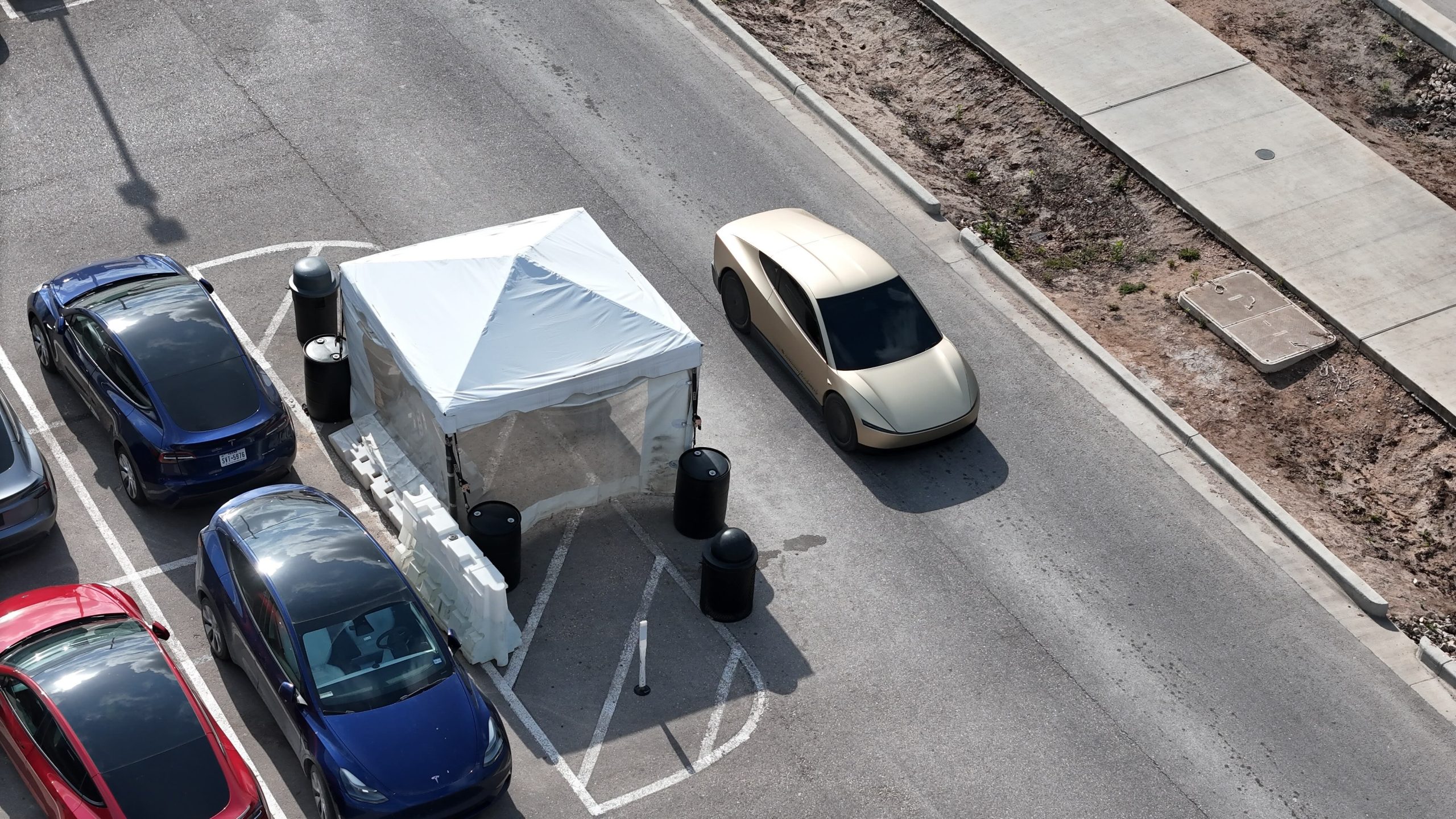
The Tesla Cybercab is the company’s first vehicle that is designed solely for autonomous driving. And while the spacious two-seater is expected to start volume production in 2026, the vehicle’s development seems to be moving at a steady pace.
This was hinted at in recent images taken by a longtime Tesla watcher at the Giga Texas complex.
Tesla Cybercab Production
The Cybercab will likely be Tesla’s highest volume vehicle, with CEO Elon Musk stating during the company’s Q1 2025 All-Hands meeting that the robotaxi’s production line will resemble a high-speed consumer electronics line. Part of this is due to Tesla’s unboxed process, which should make the Cybercab easy to produce.
Elon Musk expects Tesla to produce about 2 million Cybercabs per year. And while the vehicle is expected to see volume production at Giga Texas next year, the CEO noted that the vehicle will be manufactured in more than one facility when it is fully ramped.
No More Chase Cars
While the Cybercab is not yet being produced, Tesla is evidently busy testing the vehicle’s fully autonomous driving system. This could be hinted at by the Cybercabs that have been spotted around the Giga Texas complex over the past months. Following last year’s We, Robot event, drone operators such as longtime Tesla watcher Joe Tegtmeyer have spotted Cybercabs being tested around the Giga Texas complex.
At the time, videos from Giga Texas showed that the driverless Cybercabs were always accompanied by a manually driven Model 3 validation chase car. This was understandable considering that the Giga Texas complex features pedestrians, other cars, and construction areas. As per the drone operator in a recent post on social media platform X, however, Tesla seems to have stopped using chase cars for its Cybercab tests a few weeks ago.
Aggressive Tints
The reasons behind this alleged update are up for speculation, though it would not be surprising if the Cybercab’s autonomous driving system could now safely navigate the Gigafactory Texas complex on its own. Interestingly enough, the Cybercabs that were recently photographed by the drone operator featured very aggressive tint, making it almost impossible to make out the interior of the robotaxi.
This is quite interesting as other Cybercabs that have been spotted around Giga Texas were only equipped with semi-dark tints. One such vehicle that was spotted in February was even speculated to be fitted with an apparent steering wheel.
News
Tesla reiterates FSD’s biggest advantage, even if it’s still Supervised
Even in its current Supervised state, FSD is already pretty life-changing.
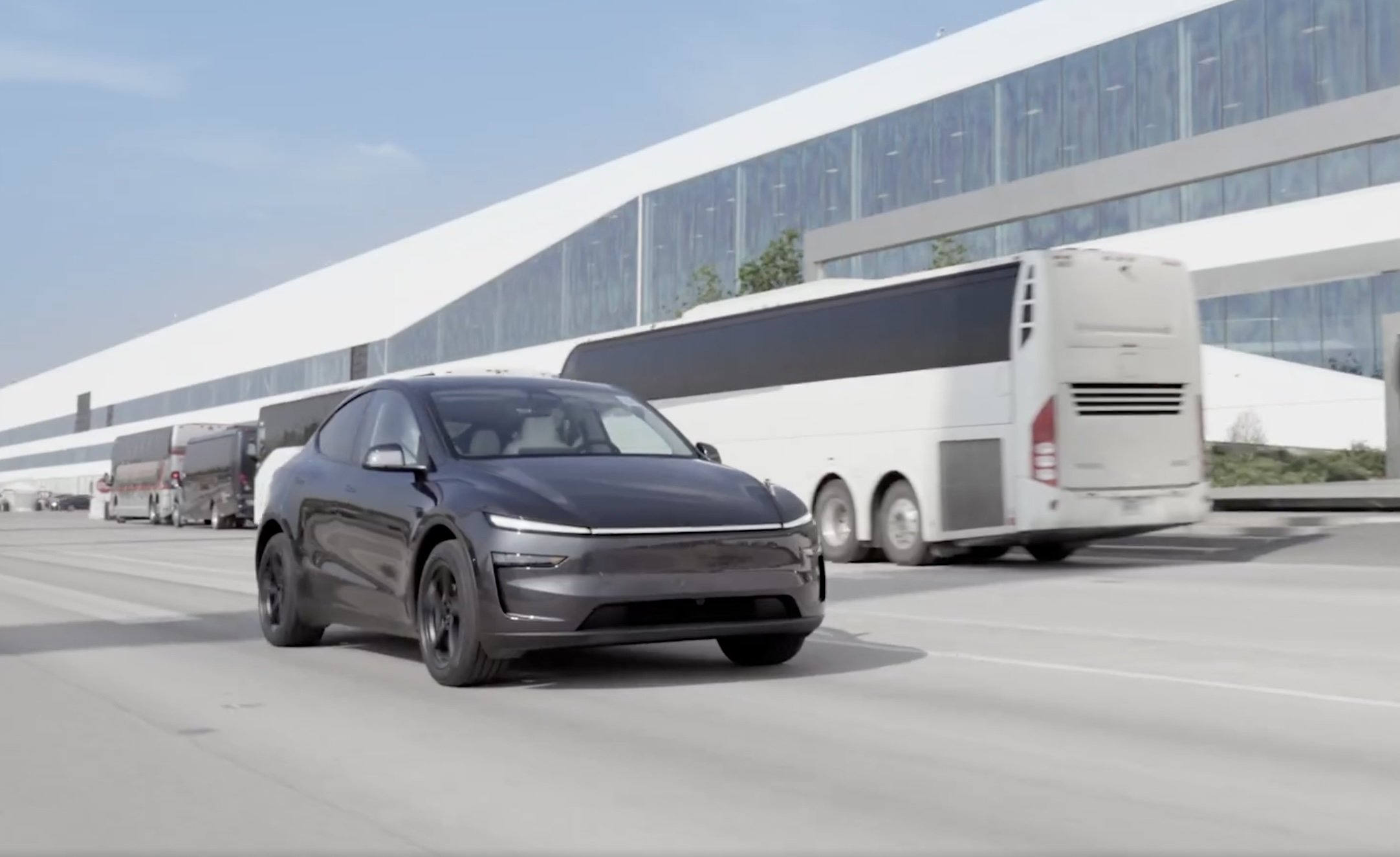
Tesla Full Self Driving (FSD) has a ton of potential. Once it is rolled out as an Unsupervised system, it could change the transportation sector. But even in its current Supervised state, FSD is already pretty life-changing.
This was highlighted recently by the electric vehicle maker through its official Tesla account on social media platform X.
Tesla FSD Unsupervised
Tesla’s self-driving aspirations are expected to come to fruition with the release of FSD Unsupervised, which is currently already being used in the Fremont Factory and Giga Texas. With FSD Unsupervised, Teslas are able to navigate from the end of their production lines to the facilities’ outbound lots without a human driver.
Tesla has previously noted that FSD Unsupervised should see its initial release in Texas and California this year. As noted by Tesla in a post on X, autonomy, when deployed at scale, does not just make cities more livable. It also gives back time to people. This is what makes autonomous driving systems potentially world-changing.
Still Supervised, But Already Useful
FSD today, however, is still Supervised, which means that it still requires constant attention from the driver. This is one of the main points of criticism from Tesla skeptics, as FSD’s current Supervised nature is typically used to argue that it is no better than other adaptive cruise control systems that other carmakers offer. As per Tesla in a follow-up post, however, FSD Supervised already makes life easier.
This is because FSD Supervised works on inner city roads, and while the driver is still observing the car to ensure that it operates well, trips could easily become a lot less tiring. This is especially true for long trips, which could take a toll on the driver if vehicles are driven manually.
“You can get a glimpse of that today: although FSD Supervised currently does require your supervision, you will still notice that your commute or long drives are suddenly so much less taxing. No constant micro-adjustments in rush hour traffic. No frustration. Car does it all for you,” Tesla wrote in its post on X.
-
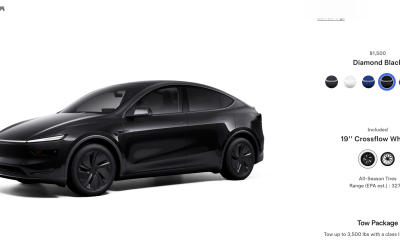
 News2 weeks ago
News2 weeks agoTesla rolls out new, more affordable trim of the Model Y Juniper in U.S.
-
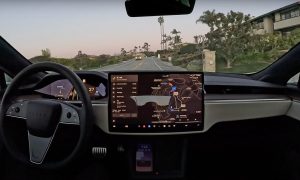
 News2 weeks ago
News2 weeks agoTesla expands Early Access Program (EAP) for early Full Self-Driving testing
-
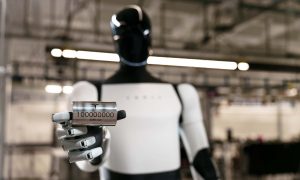
 News2 weeks ago
News2 weeks agoTesla celebrates key milestone for 4680 battery cell production cost
-
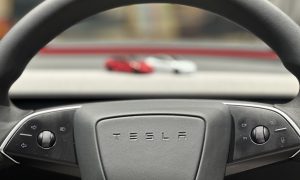
 Investor's Corner2 weeks ago
Investor's Corner2 weeks ago“Nothing Magnificent about Tesla (TSLA),” claims Jim Cramer
-
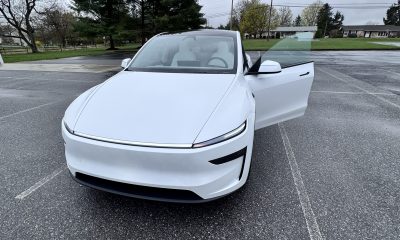
 News1 week ago
News1 week agoI took a Tesla new Model Y Demo Drive – Here’s what I learned
-
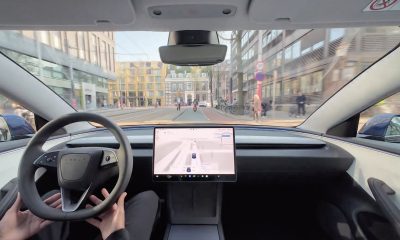
 News2 weeks ago
News2 weeks agoTesla Europe shares FSD test video weeks ahead of launch target
-

 News2 weeks ago
News2 weeks agoThis Tesla executive is leaving the company after over 12 years
-
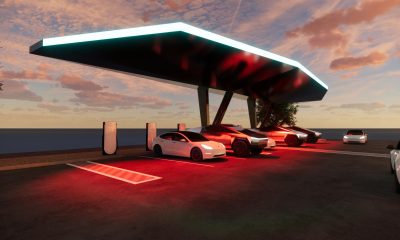
 Elon Musk2 weeks ago
Elon Musk2 weeks agoTesla is building a new UFO-inspired Supercharger in the heart of Alien country

